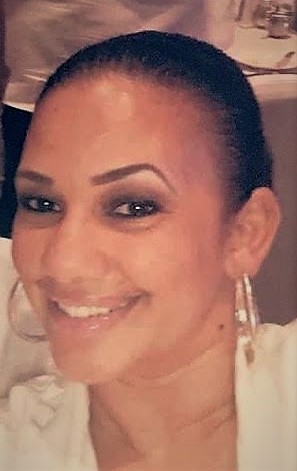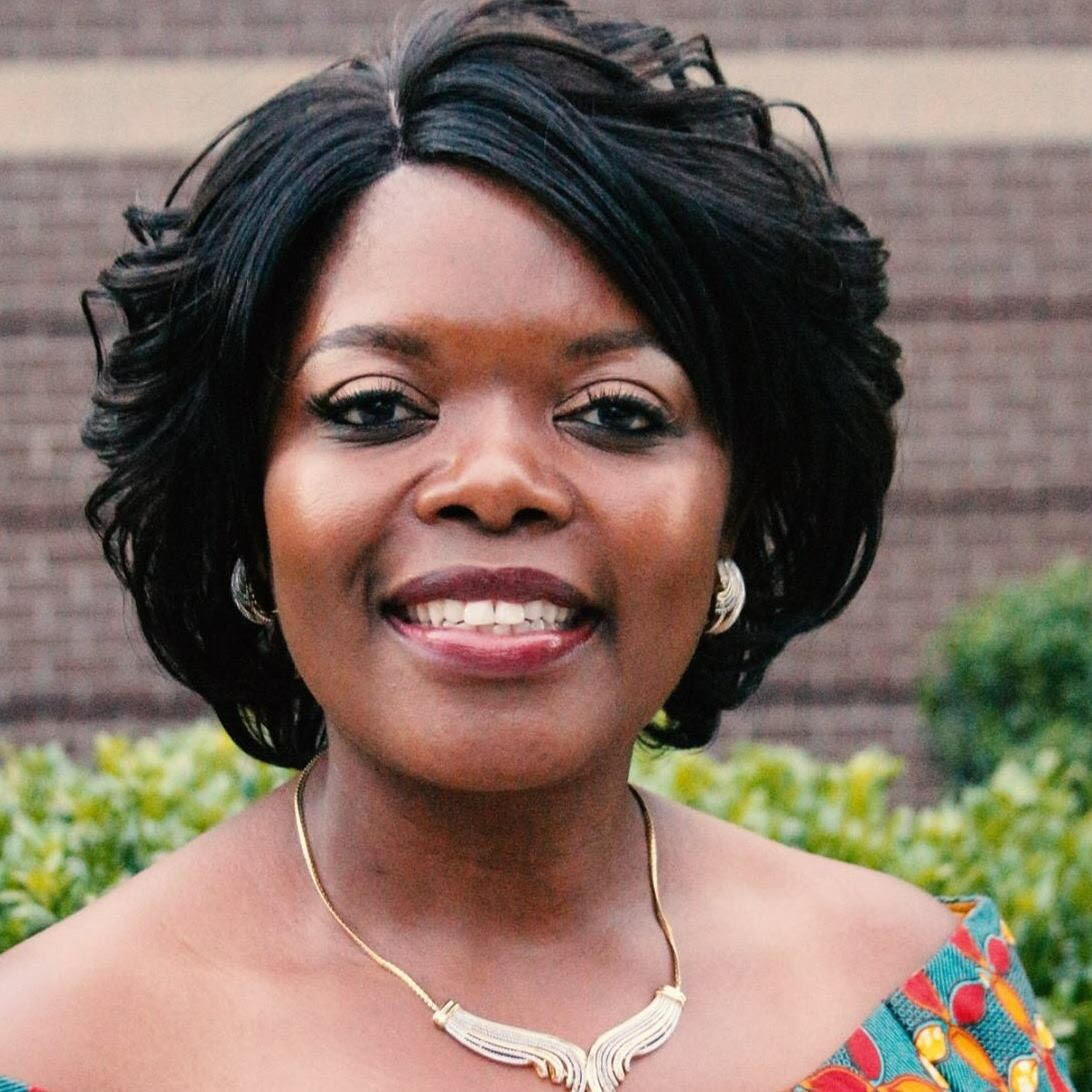Kudzai Mabunda was not a good bet for traditional lenders.
Although she is a real estate broker and was a social worker in her native Zimbabwe, her idea for assisted-living homes for people with mental illnesses was not viewed as a good model, simply because mental health is not widely viewed as a profitable field.
Mabunda, of Hendersonville, went to Self-Help Credit Union, which lent her the money to open her first residence. Today, she operates several homes as well as a real estate business. “Someone believed in me,” Mabunda says. “Someone took a chance on me.”
Mabunda will be featured as a speaker for the third annual conference, “Bringing It Home: Building a Local Economy for Everyone,” 8:30 a.m.-3:30 p.m., Saturday, Oct. 7, at the YMI Cultural Center in downtown Asheville. The theme this year is “Connecting the Dots: Working Together Toward a Stronger, More Equitable Economy.”
The conference is sponsored by a broad array of organizations, including Self-Help Credit Union, Asheville Grown, Carolina Small Business Development Fund, the City of Asheville Office of Economic Development, Eagle Market Streets Development, HomeTrust Bank, Mountain BizWorks, Mount Zion Missionary Baptist Church, Hola Carolina, SheVille Online Magazine for Women, Urban News and the YMI Cultural Center.
The conference aims to help people understand the importance of a local economy that includes a businesses operated by, targeted toward and serving a diverse population.
“It’s called ‘Building a Local Economy for Everyone’ because the focus is on everyone,” says Jane Hatley of Self-Help Credit Union. “If you’re interested in starting a local business, this is for you. If you’re interested in adding diversity to local business, this is for you. If you want to know more about eliminating racism in business practices, this is for you. If you just want to better understand the benefits of a diverse local economy, this is for you.”
The conference is free and includes free transportation, parking, child care, breakfast and lunch, Hatley says. “We have deliberately made it free so we don’t shut anyone out,” she says.
Self-Help Credit Union is a community development financial institution that offers specialized loans to people with lower incomes and worker-owned cooperatives. Potential recipients are judged not on profit but on community impact, Hatley says.
Mabunda is a good example of someone with a great idea who just needed a leg up. She has a bachelor’s degree in social work and a master’s degree in urban studies. Many of the housing options she saw in this region for people with mental illnesses were not places in which she would wish to see her own loved ones, she says.
“People do better when they live in a neighborhood,” Mabunda says. “Everyone does better when they have a good place to live.” The $25,000 loan she got from Self-Help paid for the certification process and licensing fees for her first home.
Overcoming racial barriers

This year’s conference also includes keynote speaker Deena Hayes-Greene, managing director of the Racial Equity Institute in Greensboro, who will talk about the center’s methods for assessing and addressing racism.
Hayes-Greene was not available for comment but Associate Director Suzanna Plihcik said the institute offers two-day workshops for organizations and longer-term support — 18 months to two years in most cases — to help them root out institutional racism.
“Let’s put it this way: If you see one fish floating belly-up in a lake, you try to find out what happened to that fish. If you see half the fish in the lake floating belly-up, you need to look at the lake,” Plihcik says. “You have to look across systems, not just at a single system, to see how things work. … Every system produces racial disparities — education, health care, the judicial system. Race trumps class in every system in the country.”
Hayes-Greene has been a member of the Guilford County Board of Education since 2002 and is former human relations commissioner for the city of Greensboro. She chairs the Achievement Gap, School Safety and Historically Underutilized Business Advisory committees in the district. She also serves on the Ole Asheboro Street Neighborhood Association, the Guilford County Gang Commission and as board chair at the International Civil Rights Center and Museum.
While the conference takes place at the at the YMI Cultural Center, workshops and other activities will also be held at Mount Zion Missionary Baptist Church and The Block Off Biltmore. They include “Money, Money, Money,” on finding grant money and other sources of revenue for an organization or business; “Developing a Successful Built Environment Project,” with a panel of experts on understanding and carrying out a large project involving real estate; “Our Youth, Our Future,” a panel of people in organizations that work with youth; and breakout sessions on African-American and Latinx business in Asheville.
Immigration rights activist Marisol Jimenez will open the conference with an interactive activity on “Establishing Group Norms, Common Language.” The event will include performances by Word on the Street; a traveling exhibit from Duke University on “Trying to Get By: [Not] Making Ends Meet in NC”; and networking sessions. The exhibit, “Courage, Truth, Change: Inspiring and Engaging Youth Through Art and Story,” which features portraits of several local youth leaders, will be on display at the YMI.
Registration is limited. To register, visit www.bringingithomewnc.org. For information on the conference, call Hatley at 828-239-9231, ext. 3473.




Before you comment
The comments section is here to provide a platform for civil dialogue on the issues we face together as a local community. Xpress is committed to offering this platform for all voices, but when the tone of the discussion gets nasty or strays off topic, we believe many people choose not to participate. Xpress editors are determined to moderate comments to ensure a constructive interchange is maintained. All comments judged not to be in keeping with the spirit of civil discourse will be removed and repeat violators will be banned. See here for our terms of service. Thank you for being part of this effort to promote respectful discussion.